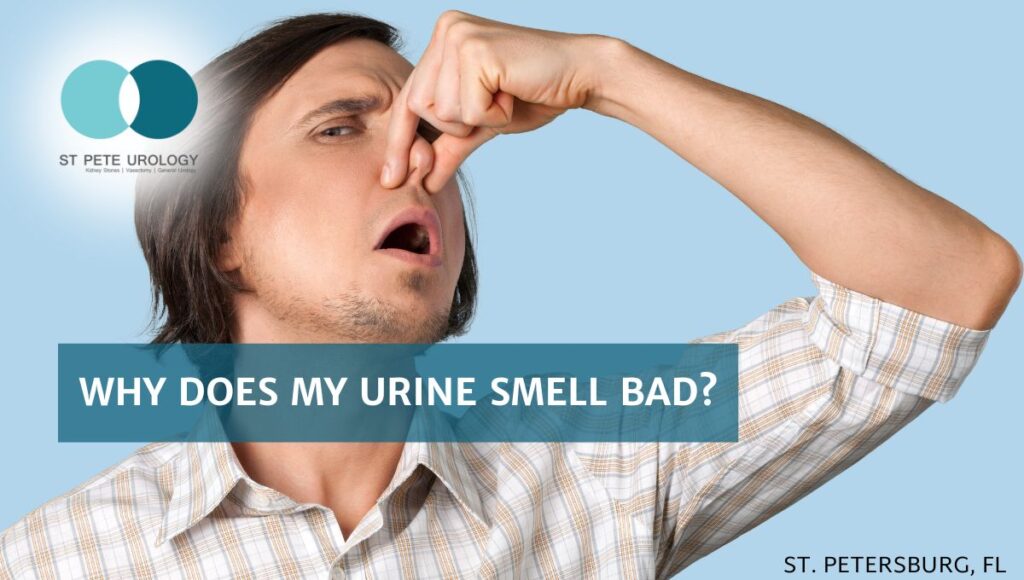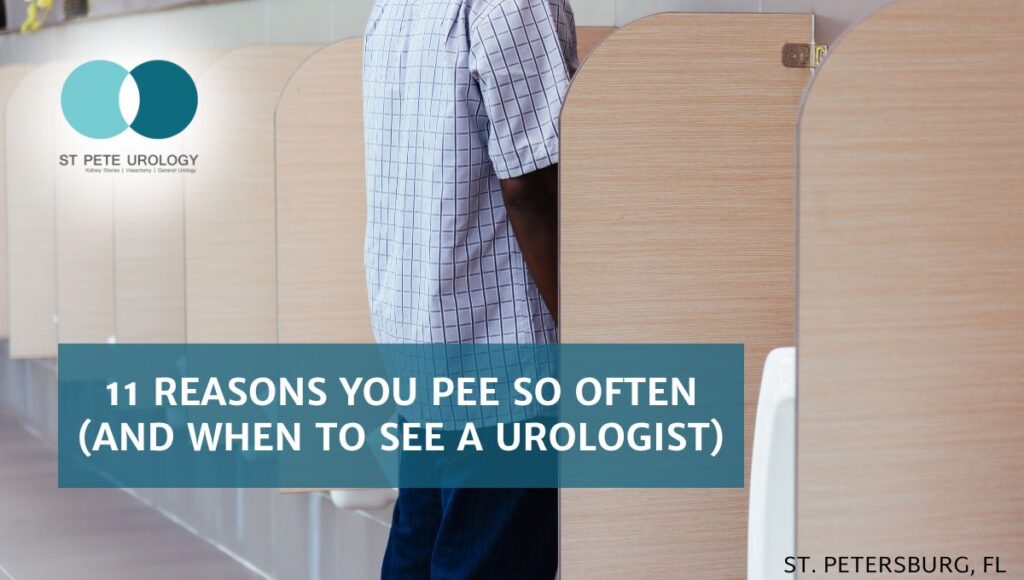Although researchers are still trying to understand prostate cancer, nobody is one hundred per cent sure what causes of prostate cancer. In fact, there has also been a lot of research aimed at finding better treatment for prostate cancer. However, the key players in the medical field tend to agree on some factors that cause this ailment and this article tries to look at some of those causes. It is also important to note that research is still ongoing and hopefully that new discoveries will emerge, some of which will add to the already documented causes while others may disprove some of the causes of prostate cancer that will be stated here.
Fundamentally, one of the main prostate cancer symptoms is the enlargement of the prostate gland, which causes the urethra to constrict. Other prostate cancer symptoms include the change or the color of urine from the usual dark yellow color into reddish yellow and blood stains in semen.
Age
Many people have argued that age is one of the major causes of prostate cancer. It is said that the older a man gets, the higher the chances of getting prostate cancer. There is no definitive age that has been set as the age bracket within which men can get prostate cancer. Neither has there been a minimum age at which men who have not attained that age cannot get the disease. However, medical experts argue that prostate cancer is not prevalent in men who are below 45 years old. In fact, many prostate cancer patients are usually 45 years and above.
Genetics
The role of the genetic coding in many diseases cannot be ignored. It has also been found to be one of the causes of prostate cancer. People whose families have a history of prostate cancer are more likely to have the disease than those who do not. If a man’s twin brother has prostate cancer, he is also likely to get the disease. If a man’s father, uncle or grandfather has/had the disease, he is twice as likely to get it too. Research has also shown that the disease is more prevalent in some races than in others. Generally speaking, African American men are more likely to have prostate cancer than are Caucasian Americans or Hispanics. However, this is not to say that the two races (Caucasian Americans and Hispanics) cannot get prostate cancer.
Diet
There has been sufficient medical evidence that links prostate cancer and poor eating habits. An article published by Cancer Prevention Research in October 2011 revealed that men who took fish oil supplements and low fat diet for four to six weeks before undergoing treatment for prostate cancer (surgery) showed slowed prostate growth than those who maintained fatty western diets. Other studies show that consumption of Mediterranean diets as well as soy, selenium and green tea helps in the reduction of prostate cancer. This means that maintaining a healthy lifestyle is also important in prevention of prostate cancer. It has been found that people who do yoga, exercise regularly as well as eat healthy foods are less likely to get prostate cancer than those who do not.





